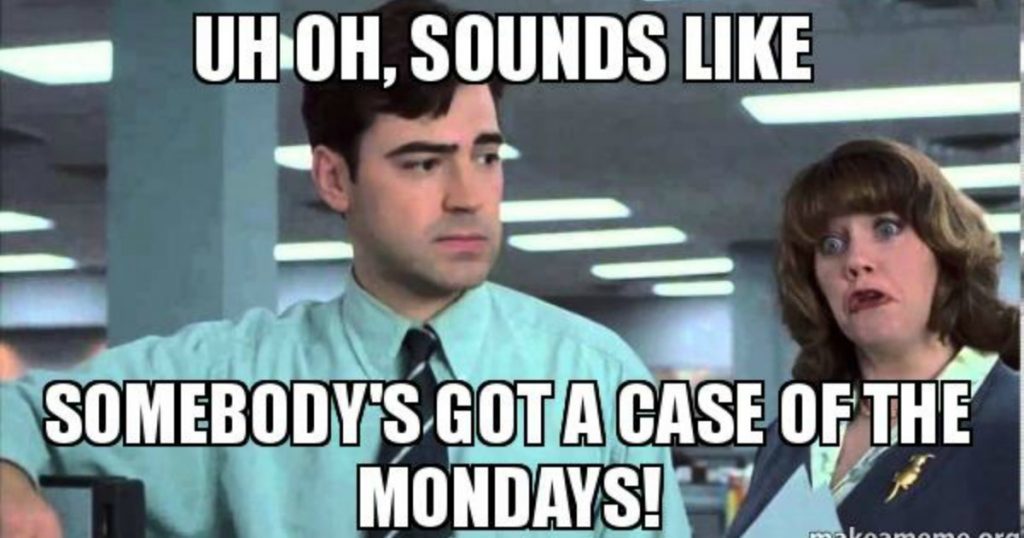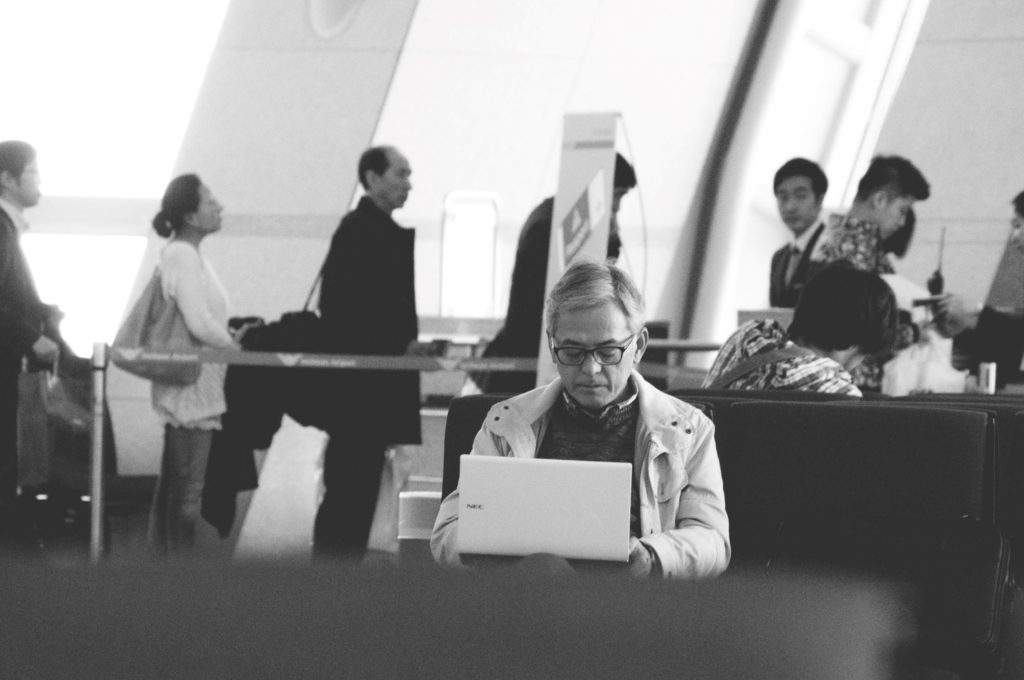Do you work full-time from home or remotely? If so, then you get it. I am sure you have heard comments like “oh, you work remotely, so you get to slack off all day.” Or my personal favorite, “don’t you get lonely?” Although remote work is commonplace in locations around the globe, skeptics continue to downplay the positive effects of a cubicle free environment. Are you looking to join the ranks of the co-working crowd and ditch the 9 to 5 monotony?
Consider this – according to WeWorkRemotley, “4.3 million people currently work from home or remotely in the United States at least half of the time, and this figure has grown 150% in the last 13 years.” Before you decide to dive headfirst into remote work, here are 3 of the most common myths about remote workers that you need to know…

1. Remote Workers are Less Productive
This really makes my blood boil! Remember the scene from Office Space where, according to his coworker, Peter is having a “Case of the Mondays.” What if he were given some flexibility to work from home on Mondays, don’t you think his attitude and work-life balance might improve? In fact, according to Buffer.com, 22% of remote workers actually struggle with over productivity, finding it difficult to log off and unplug from work. Flexible scheduling allows remote workers to work on their own terms and during times of high productivity, based on individual preferences and lifestyle choices.

2. Remote Workers are Isolated and Less Engaged
Thanks to the Internet, remote workers can literally work from anywhere! Sitting behind a desktop computer in a home office, participating in a budget meeting from a beach in Mexico, or enjoying a free coffee buzz at a premium co-working space like Downtown Works, the possibilities are endless. With newfound freedom and flexibility, it is important for remote workers to stay connected and engaged with company stakeholders.
The good news is that with the rise of cloud-based collaborative software like Slack and Asana, they can share information, stay connected with co-workers, and work seamlessly from a virtual space almost as if they were sitting in the next cubicle. A recent Gallup survey found that “people who spend between 60-80% of their working hours remote for at least 3-4 days out of the week report the highest engagement rates compared to those who never work off-site.”

3. Remote Workers are Young Millennials
This is just not true! Due to a variety of social and financial needs, older Americans are working longer and into their retirement years. The array of remote and work from home positions continue to evolve -this creates an opportunity for older workers to explore remote work and careers that a few years ago they thought didn’t even exist. Remote.com reveals that “more than half of workers over age 50 are likely to be out of a job at some point in their career. The good news is that remote work can have a positive impact on older workers who keep their skills current when it comes to evolving technologies and remote work models.”

![]()
A Premium Coworking Community built by entrepreneurs for entrepreneurs who want to reach higher
Connect with Us on Social Media!
www.downtownworks.com
info@downtownworks.com
619.535.9675